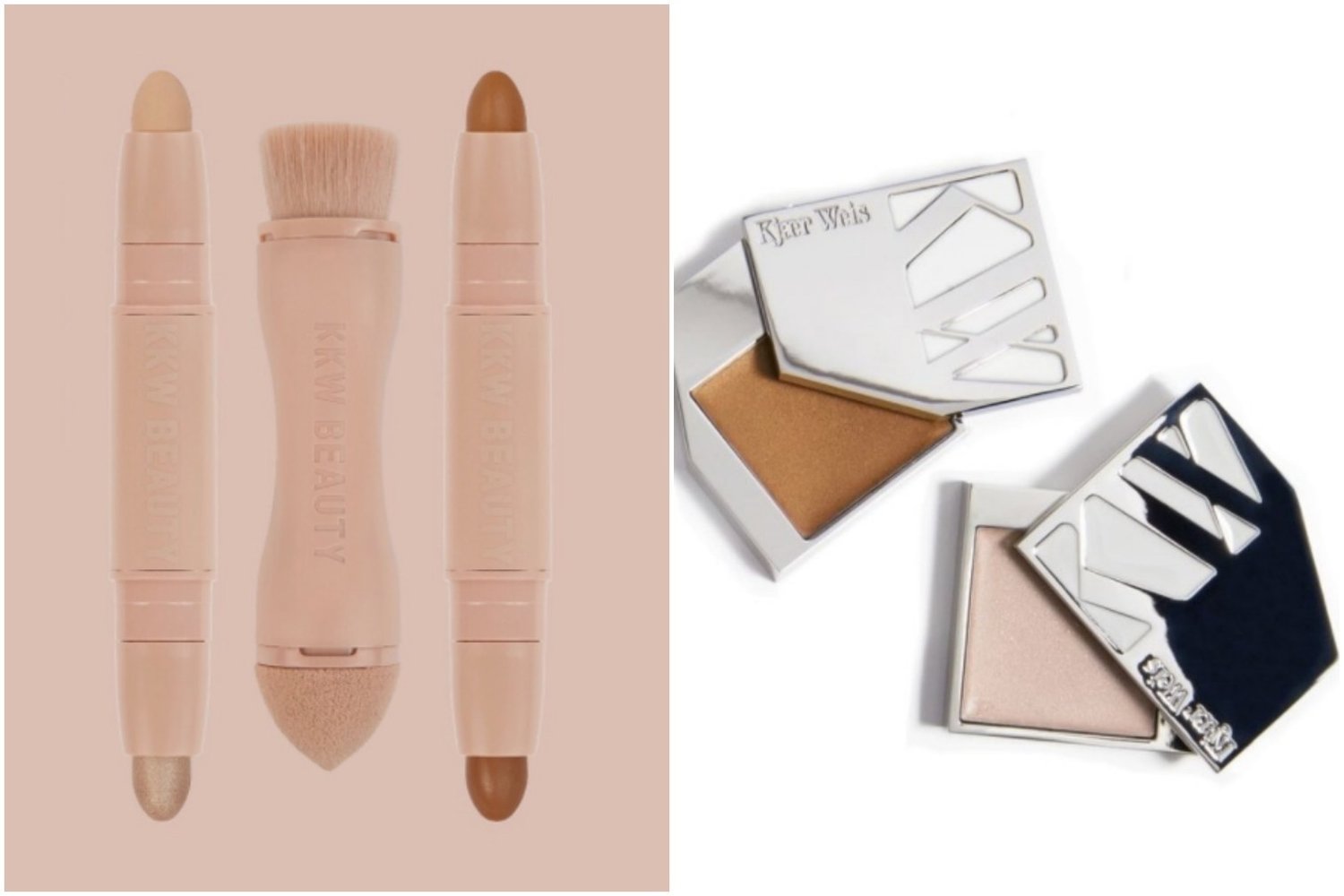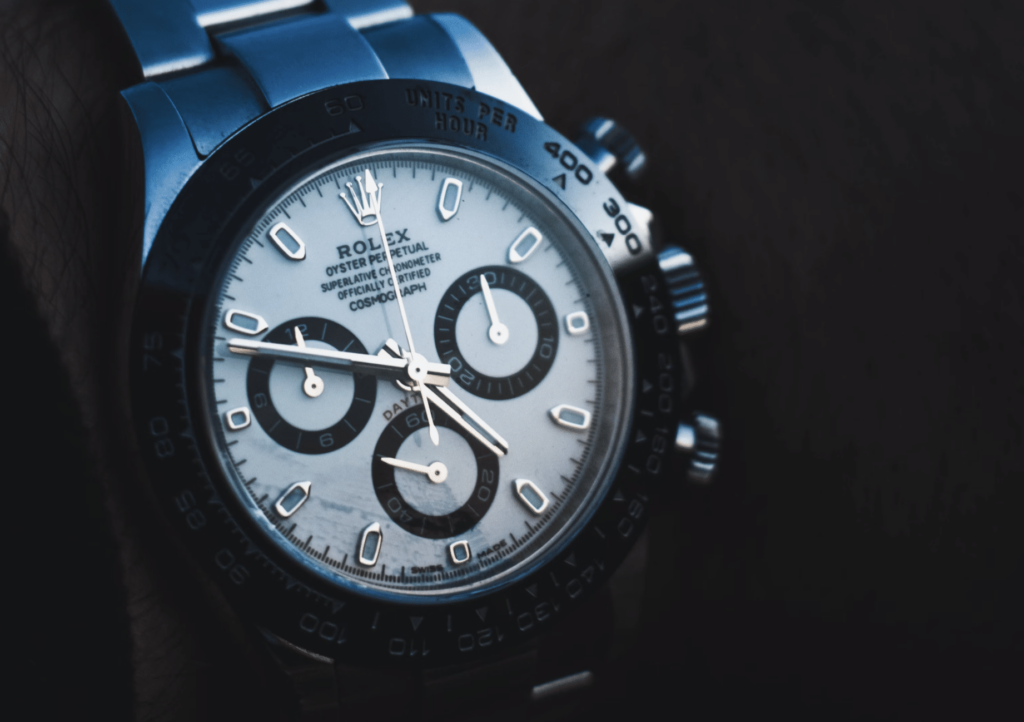Kim Kardashian was slapped with a lawsuit this summer by a Danish makeup artist, who alleges that Kardashian is infringing her brand’s “KW” trademark by way of Kardashian’s similarly-named KKW beauty company. According to Kirsten Kjaer Weis’s lawsuit, which was filed in the U.S. District Court for the Northern District of Illinois in July (and has since moved to a California federal court), she has made use of her federally registered “KW” trademark since September 2010 on cosmetics, a full seven years before Kardashian launched her wildly successful KKW cosmetics line last year.
Weis further alleged – as central to her trademark infringement suit – that Kardashian’s use of the KKW logo is causing confusion amongst customers, and that such use is a “knowing, willing, and deliberate” choice made by Kardashian in an attempt to lead consumers to believe that her products and Weis’s products are in some way affiliated.
Early this year, Kardashian’s counsel responded to Weis’ suit, denying her trademark infringement and unfair competition assertions, and claiming that Weis waited an “unreasonable” amount of time before filing suit, and that she has acted in bad faith in connection with the subject of the complaint.
Now, in an October 22 filing, Kardashian’s counsel is seeking to have Weis’ trademark claims – and the case, itself – to be tossed out of court. According to Kardashian’s filing, “The absence of a shred of evidence showing real consumers suffering actual confusion is enormously telling and weighs heavily in favor of a finding that there exists no likelihood of confusion as a matter of law.”
 image: KKW products (left) & KW products (right)
image: KKW products (left) & KW products (right)
In addressing actual confusion, Kardashian’s counsel is citing one of the factors that courts use to determine whether there is a likelihood of confusion, the central inquiry in trademark infringement matters. In the 9th Circuit, which is the controlling law in California, these factors (from AMF Inc. v. Sleekcraft) include: “(1) the strength of the mark; (2) the proximity of the goods; (3) the similarity of the marks; (4) evidence of actual confusion; (5) the marketing channels used; (6) the type of goods and the degree of care likely to be exercised by the purchaser; (7) the defendant’s intent in selecting the mark; and (8) the likelihood of expansion of the product lines.”
Given that none of the individual factors listed above are controlling, Kardashian claiming that there is no evidence of actual confusion is not necessarily a home-run; the court will also have to consider the other factors.
Kardashian goes on to assert that the two similarly-named brands target different core demographics (her products are much cheaper than KW’s) and that the products themselves – and their packing – are distinct in appearance.
Still yet, Kardashian claims that the likelihood of confusion is low because, well, she is super famous. In much the same vein, the motion states that given “Kardashian’s fame and access to over 100 million social media followers,” she does not “need … to trick the public into associating her products with Kjaer Weis in order to gain exposure or traction.”
What Kardashian’s counsel (conveniently) leaves out of its motion: a discussion of reverse confusion, the trademark doctrine that covers use of a mark when the secondary user (or the alleged infringer) is better known than the “smaller, less powerful” primary trademark holder. Reverse confusion, according to Loeb & Loeb’s Tal Dickstein, “occurs when a large, powerful junior user leverages its superior resources to quickly saturate the market of a small but established senior user with a similar mark on similar products or services.”
The danger with reverse confusion, he states, “is not that consumers will believe that the junior user’s products originate with the senior user, but that consumers will mistakenly believe that the smaller senior user’s products were sponsored or approved by the stronger junior user.”
With this in mind, reverse confusion “enables small, senior users to protect their trademark rights against junior users whose marks have gained commercial strength through extensive marketing,” per Sheppard Mullin. Such a claim can be a powerful weapon in the arsenal of lesser known companies in terms of protecting their trademark rights and as leverage against larger users.
A hearing before the court in connection with Kardashian’s motion to dismiss is set to take place on Friday.
* The case is Kjaer Weis v. Kimsaprincess Inc., 2:17-cv-08367 (C.D.Cal).











